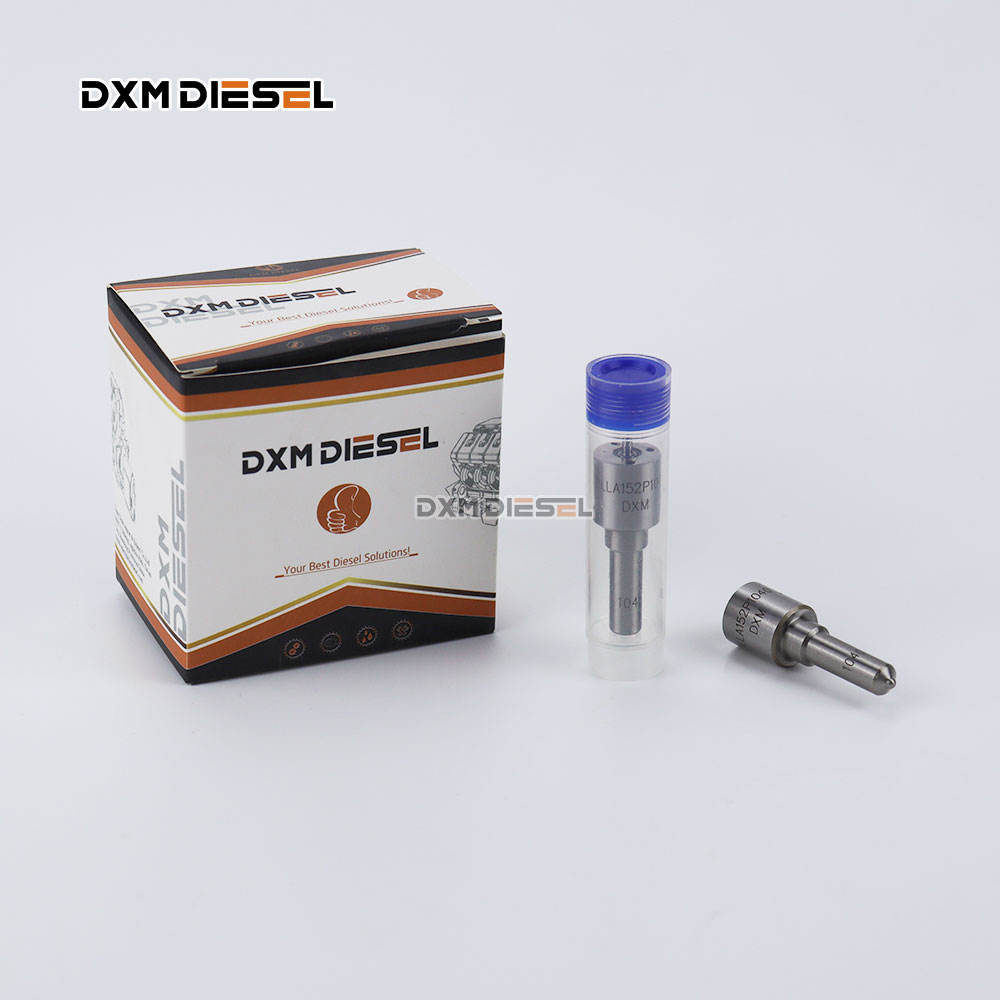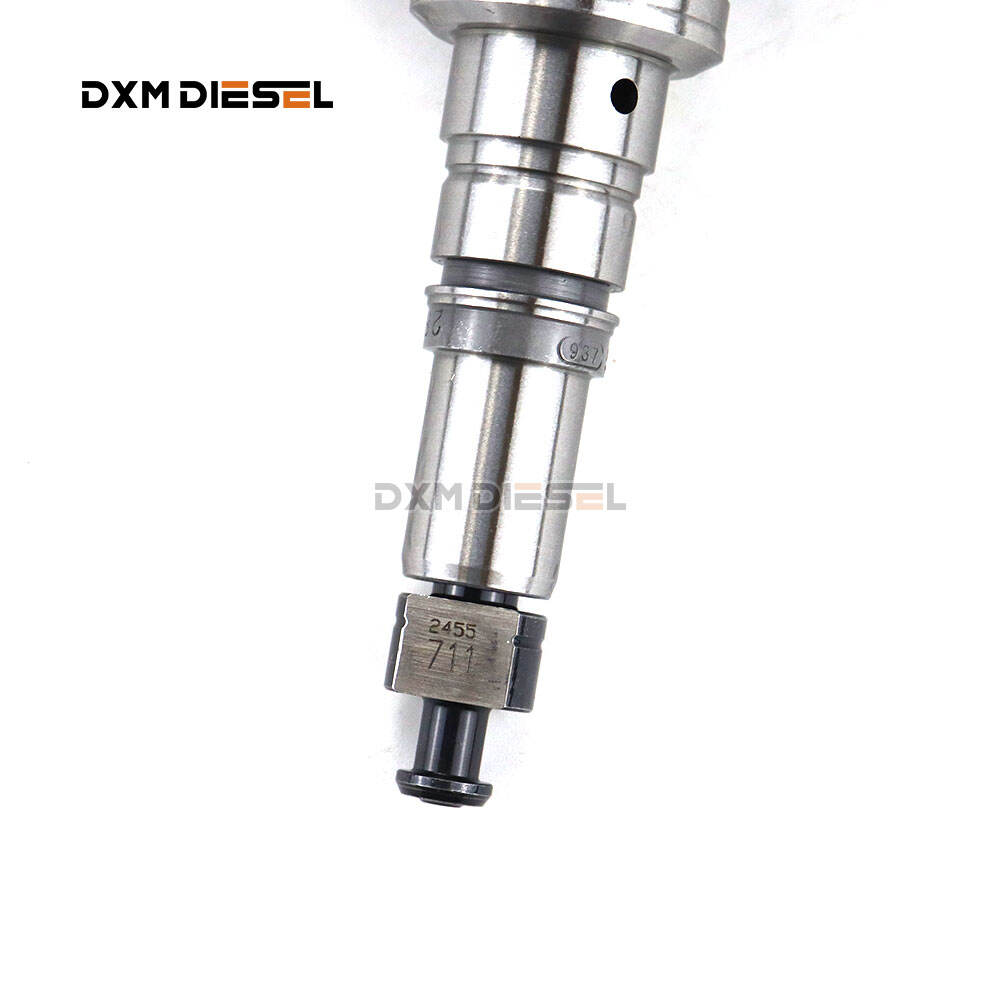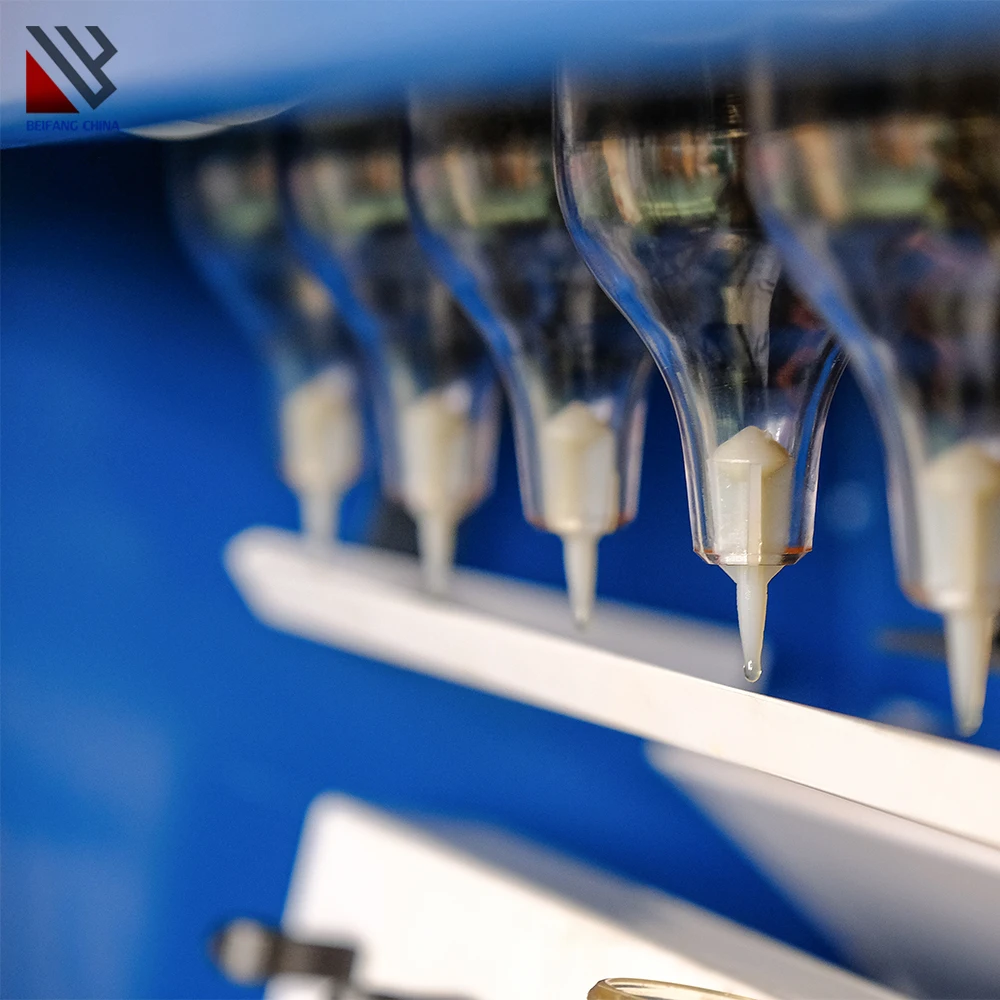Diesel Fuel Systems: Ensuring Proper Combustion and Efficiency In this document, we will observe what commands diesel fuel injector testing near me, how they work, and what common helps that can happen with equipment and easy arrangements that can assist their moderation. Learning about them gives us insight into how our vehicles work, and what we can do to maintain them.
One of the major components of the functioning of a diesel fuel system is diesel fuel injection system. It takes the fuel from the fuel tank and pressurizes it at extremely high pressure to pump it into the engine. This is where it enters the engine and unleashes an explosive mixture in the combustion chamber, which is what spins the engine. There are several diesel fuel injection systems, including common rail injection and unit pump injection. There are different types and they have their unique way to work, but their end goal is all the same and that is to ensure that the engine runs smoother.
*In-Line Injection System: It works simply and is very low cost which could be good for people on the budget. But, it is not the most efficient when it comes to fuel consumption like some of the other systems are, which means that it is capable of using more fuel to achieve the same job.
Dirty Fuel Injectors: In some cases, dirt and contaminants in the fuel can clog the fuel injectors. In such cases, the engine will underperform. Regularly replacing of fuel filters is the way to solve this issue. This helps maintain cleanliness of the fuel and helps your engine run better.

Fuel System Leak: If your fuel lines are old and damaged or your connections are loose, fuel system leaks can occur. When this occurs, fuel can leak out, which is bad. So, the federal government should insist that the airlines maintain spare stockpiles of critical parts like fuel lines and connections. If you see any damaged pieces, replace them, or ensure you tighten any loose connections.

Reason 2: Air in the Fuel System: If air enters the fuel system, it can cause the engine to run too lean or stall out completely. This might be annoying, especially while you are driving. Bleeding the fuel system is required to fix this issue. This involves bleeding the system, so that fuel will flow unimpeded to the engine.

To maximize the efficacy of diesel fuel treatments, special products known as diesel fuel additives are used. They can improve fuel economy, which means you travel further on less fuel. It also helps reduce pollution by reducing emissions, including ones that can be harmful, that come from diesel engines. In addition, these additives can also prevent problems with the fuel system from arising in the first place. Examples of common diesel fuel additives are fuel stabilizers, anti-gel additives, and fuel injector subsequent cleaners. These additives are useful because they can assist in supporting healthy and efficiency of your diesel engine.
DXM DIESEL is equipped with strict testing equipment to ensure that each product undergoes comprehensive performance testing before leaving the factory to ensure the reliability and durability of the product in actual application.
DXM DIESEL has precision production equipment such as BOSCH and Hardridge to ensure high precision and high efficiency in the product manufacturing process, thereby ensuring the stability and reliability of product quality.
Since its establishment in 2007, the company has focused on the field of diesel injection systems and has accumulated 13 years of production experience. It can deeply understand customer needs and provide professional technical support and services.
The company adopts standardized production processes and has passed SGS certification to ensure that every production link meets international standards and further improves product quality and consistency.